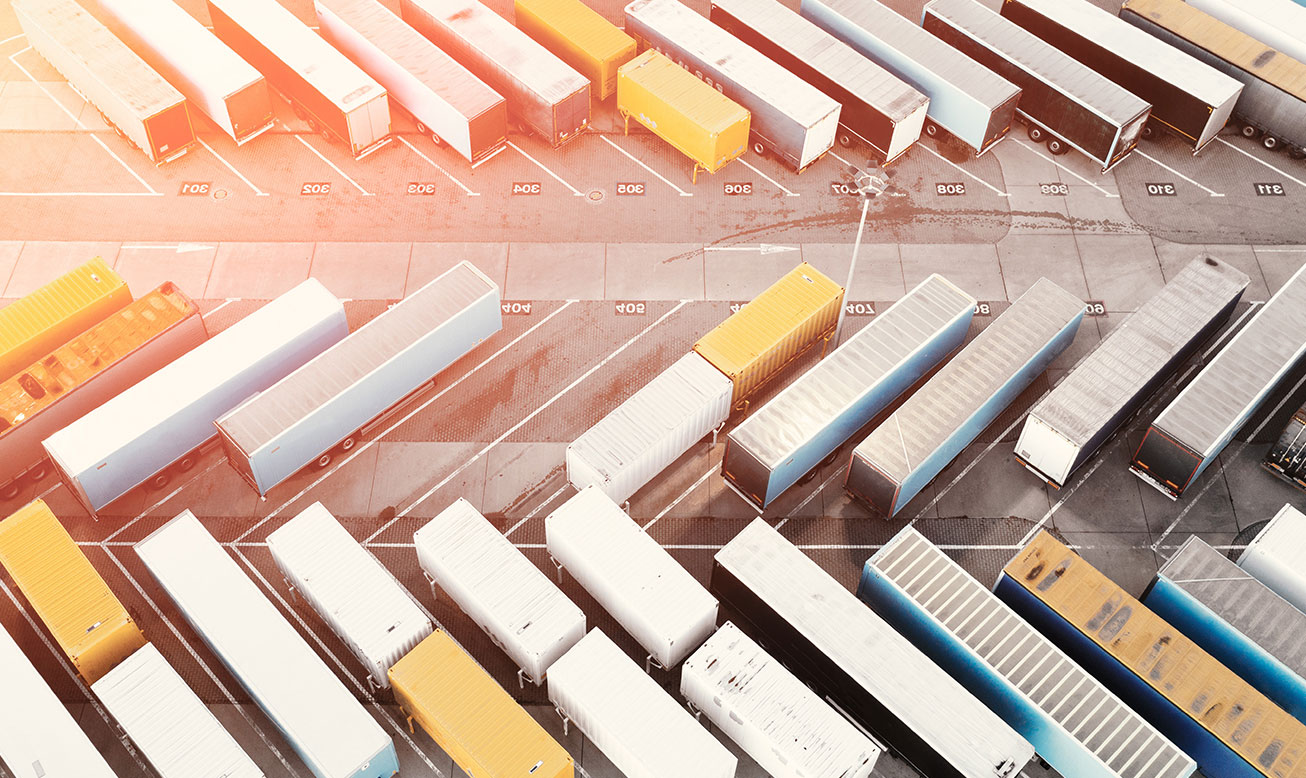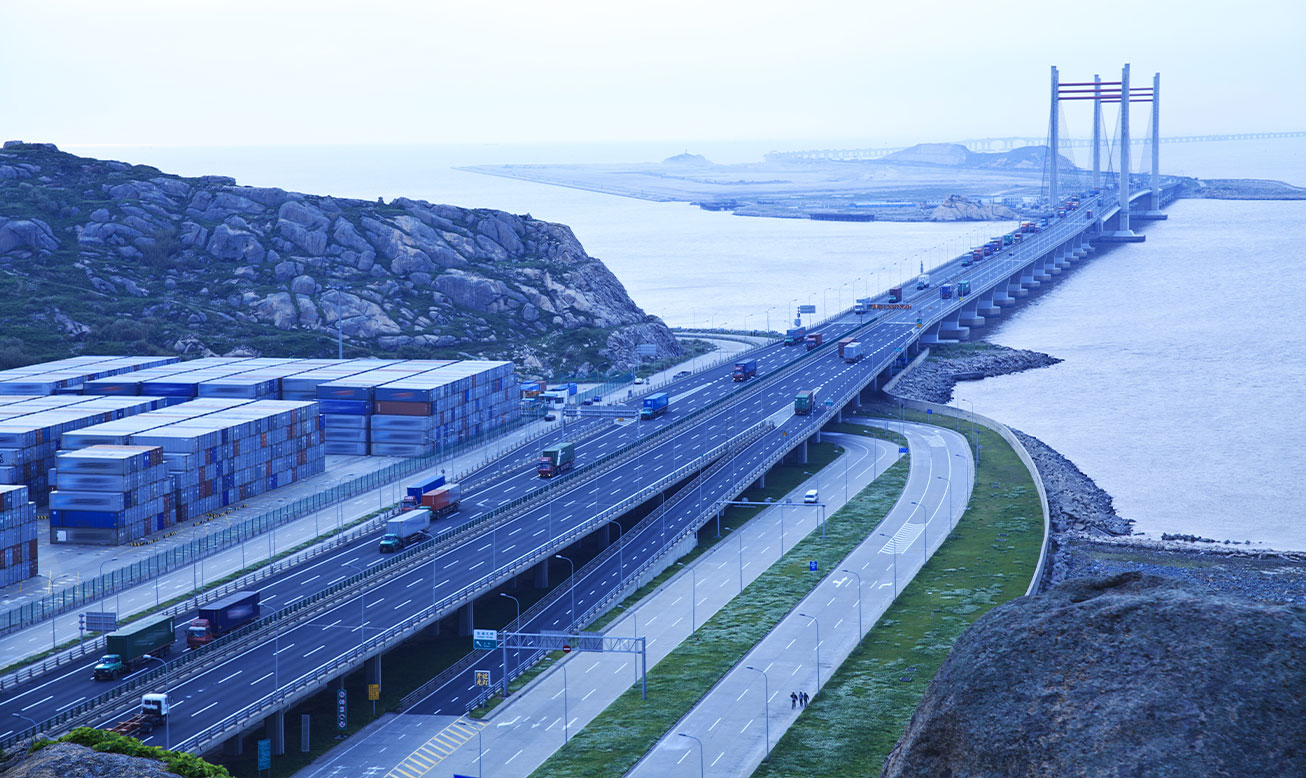Exploring Logistics Powerhouses:
Portland, Oregon
Portland, Oregon
While Oregon is the ninth most trade-dependent state in the country, Portland is considered an essential distribution center for domestic inland and international markets. Many industries support the Portland logistics sector due to its ability to transport goods.
Why Portland is Integral to Domestic Logistics
Why Portland is Integral to Domestic Logistics
Prime Geographical Location
Portland, Oregon, sits strategically at the confluence of the Willamette and Columbia Rivers, making it a pivotal node in the American logistics network. Its proximity to the Pacific Ocean facilitates efficient shipping routes to and from Asia, strengthening its role as a gateway for international trade. Additionally, Portland’s location provides seamless access to major highways and railroads, linking it directly to key markets across the United States and Canada.
Infrastructure Marvels
The city’s infrastructure is a wonder of modern logistics engineering, with its extensive network of highways, rail lines, and waterways that ensures the smooth movement of goods. Interstate 5, one of the most critical north-south routes on the West Coast, runs through Portland, connecting it to major cities like Seattle, San Francisco, and Los Angeles. The city’s rail connections, managed by companies like Union Pacific and BNSF, also provide vital links to the country’s interior.
Portland’s port, one of the largest fresh-water ports in the world, is a fundamental hub for American logistics. The port is a nest of activity for Portland logistics companies with facilities that can handle bulk cargo, containers, and automobiles. In 2023 alone, the Port of Portland handled over 11 million tons of freight, illustrating its capacity and importance.
Logistics Data Insights
According to the Oregon Department of Transportation, approximately 50 million tons of freight are moved in, out, and through Portland annually. Truck deliveries are the most commonly requested transportation services, with Portland trucking companies playing a fundamental role in this ecosystem.
The city’s logistics capabilities are further enhanced by the presence of numerous Portland freight forwarders. These companies easily handle the complexities of international shipping and ensure that cargo reaches its final destinations safely and on time. Oregon warehouse companies also contribute significantly by providing storage and distribution services that streamline the region’s supply chain.
How Weather Impacts Freight Shipping
Since the start of the century, Portland has faced many weather-related challenges, which have impacted freight shipping. The region’s climate, characterized by wet winters and dry summers, can pose significant logistical limitations. Heavy rainfall and sudden snow in the winter months can lead to delays and increased transportation costs. Additionally, the region is located in a highly seismic zone.
Despite these challenges, Portland’s logistics infrastructure is resilient. It has advanced weather monitoring systems and contingency plans to mitigate the impact of many adverse weather conditions on freight movement.
Unique Features of Portland
Unique Features of Portland
Logistics Innovations
Portland stands out for its logistical innovations. The city is home to several advanced logistics solutions, including advanced warehousing technologies and sustainable transportation practices. Portland container trucking companies are increasingly adopting hybrid and electric vehicles to improve fuel efficiency and reduce carbon emissions. Additionally, the Port of Portland has implemented green initiatives, such as shore power for ships and energy-efficient terminal operations, setting a benchmark for sustainability in logistics.
Portland’s Climate Action Plan has a goal of a 50% reduction in carbon emissions by 2030 and net zero by 2050
Oregon Clean Fuels Program began in 2016 with the goal of a 25% reduction in climate pollution by 2035
Business-Friendly Environment
Portland offers a business-friendly atmosphere, attracting numerous logistics companies and encouraging a vibrant industry. The city’s favorable tax policies, skilled workforce, and supportive regulatory environment make it an ideal location for logistics businesses. In fact, Portland ranks high on various business climate indices, making it a magnet for investment in the logistics sector.
The Greater Portland area is on the rise. Its thriving economy, attractive cost of living, and highly educated workforce make it a great place to start or grow a business.
Cultural Richness
People are drawn to Portland for its vibrant culture. Whether it is the food, beer, arts, cultural communities, festivals, or nightlife, Portland welcomes everyone to participate.
Historically, Portland has been an affordable city for the arts. As it has grown, its deep culture has become more visible. Whether you’re a fan of theater, live music, craft beer, unique foods, or simply being outdoors, Portland has something for everyone.
Prospects and Future Growth
Expanding port facilities and investing in advanced logistics technologies, among other strategic initiatives, are set to strengthen Portland’s position as a logistics powerhouse. The ongoing development of the Columbia River Economic Development Council’s Freight Master Plan aims to enhance regional freight mobility and competitiveness.
Moreover, the rise of e-commerce and demand for efficient supply chain solutions are expected to drive further growth in the logistics sector. Portland warehouse companies are expanding their capacities to meet the rising demand for storage and distribution services. As the logistics landscape evolves, Portland is well-positioned to capitalize on new opportunities and solidify its status as a critical hub in the national and global logistics network.
Whether it’s Portland logistics companies, trucking firms, or freight forwarders, the city continues to be at the forefront of logistics efficiency, driving economic growth and facilitating seamless trade. Portland’s logistics sector supports the local economy and plays a critical role in the national freight system, making it a cornerstone for American logistics. No matter the size or type of cargo, we get the job done right every time. At Last Mile Logistics, we have over 150 years of combined experience in supply chain solutions. With our extended network of freight partners, we are the ideal carrier.
What services do we provide in this area?
What services do we provide in this area?
At Last Mile Logistics, we deliver a wide range of freight services that will help your business to grow. From expedited shipping to white glove services, we will be your logistics partners along the road.
Superior results through technology
One the greatest challenges today is sourcing capacity that fluctuates with demand in the marketplace. As an intermediary, we carefully consider the qualifications of the truck equipment operators we contract with to service our shipper clients’ needs.
LAST MILE LOGISTICS logisticians rely on their experience and use of proprietary technology to manage and move every shipment. And because shipper clients require a practical risk management approach to doing business, LAST MILE LOGISTICS is one of few brokers that has Primary Truck Broker Liability Insurance ($2 Million policy).
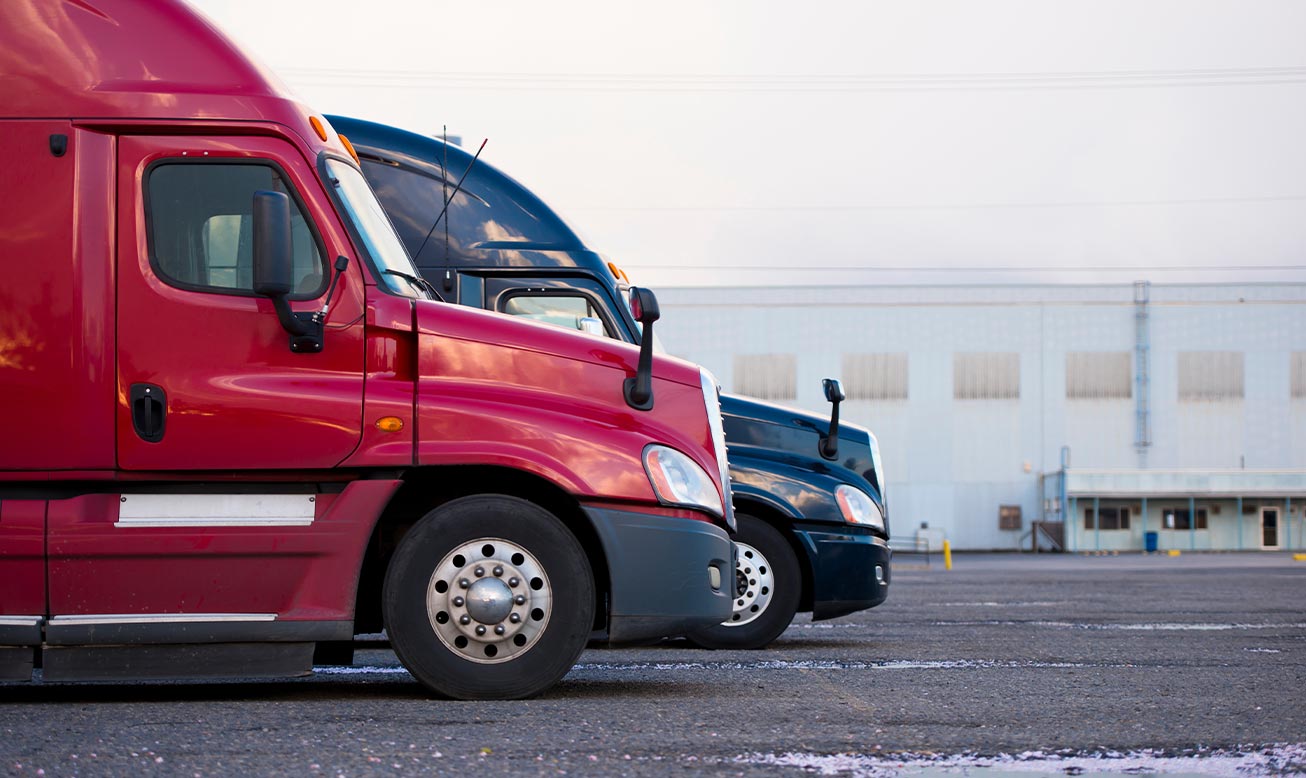
Find your next shipping partner, watch to learn how Last Mile Logistics can improve your business shipping logistics
Find your next shipping partner, watch to learn how Last Mile Logistics can improve your business shipping logistics
Affiliations & memberships
Affiliations & memberships
We maintain strategic partnerships with like-minded organizations that help improve safety, efficiency, and value for the customer.

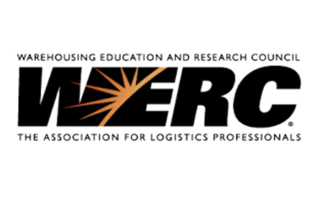



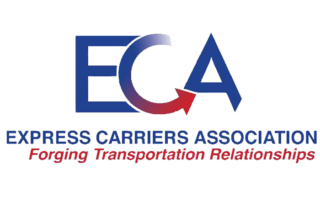
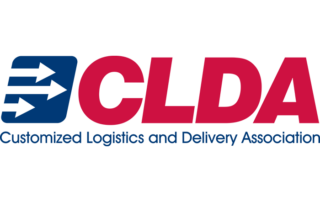

Latest articles
Ways White Glove Service Reduces Damage
If your shipment needs more than transportation, if it demands attention and security, white glove service is the smart solution.
Asset-Based vs. Non-Asset-Based Carriers, Which Works Better for Your Business?
By partnering with a non asset based company, you will gain access to expert knowledge about what works best for you and your industry.
Logistics Outsourcing: The Key for Savings and Optimization
Logistics outsourcing means partnering with professionals to focus on sales, growth, and quality service.
Looking for a shipping partner?


